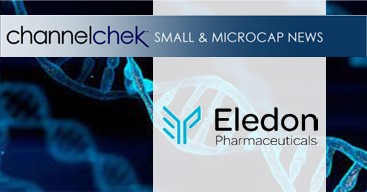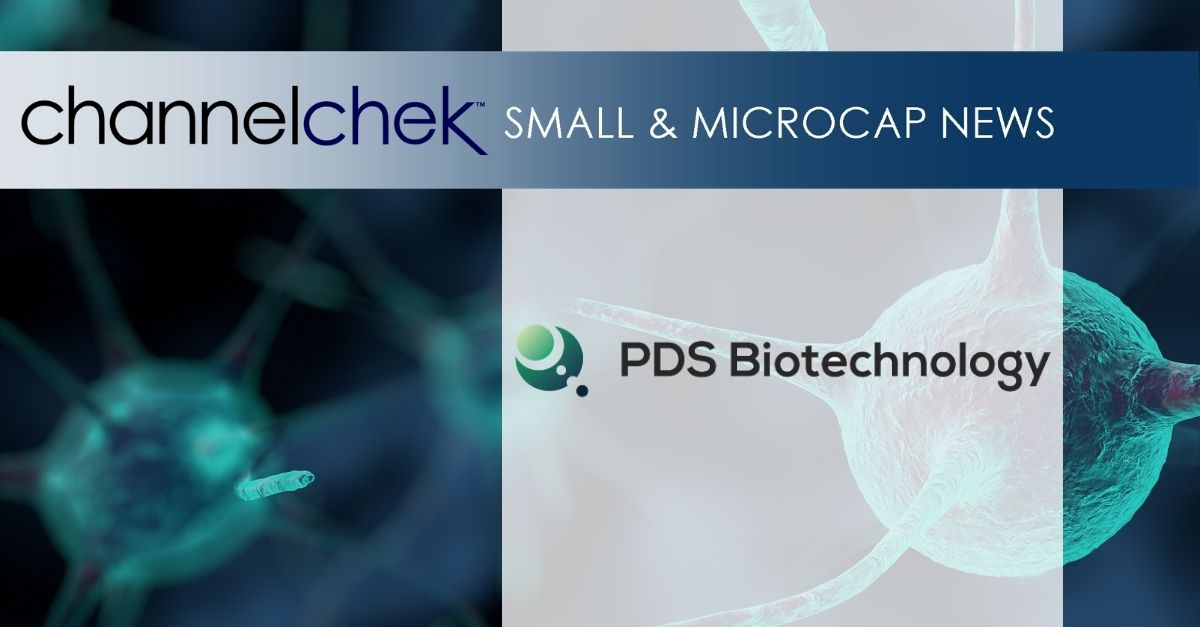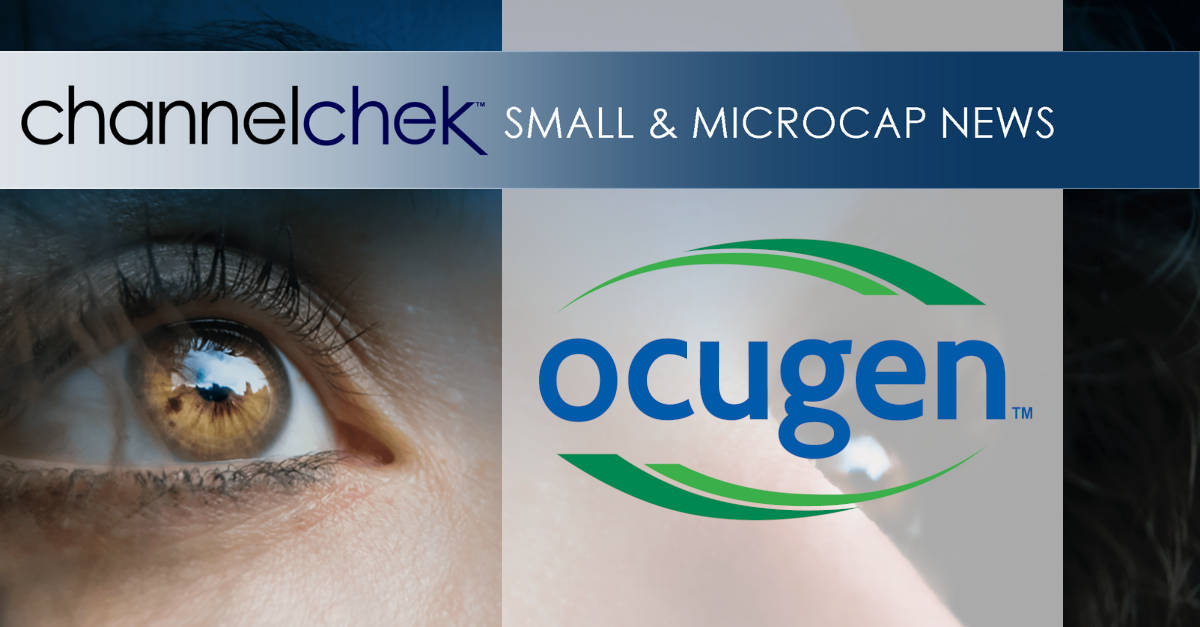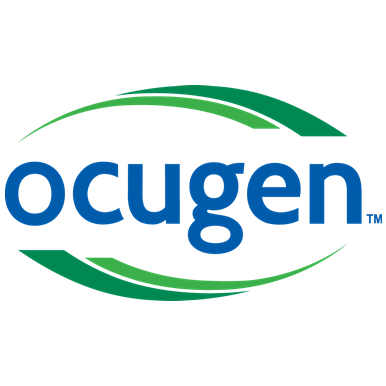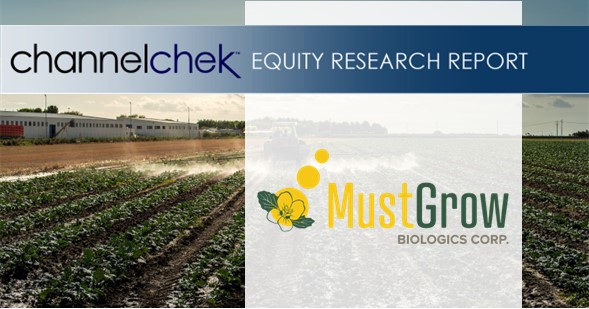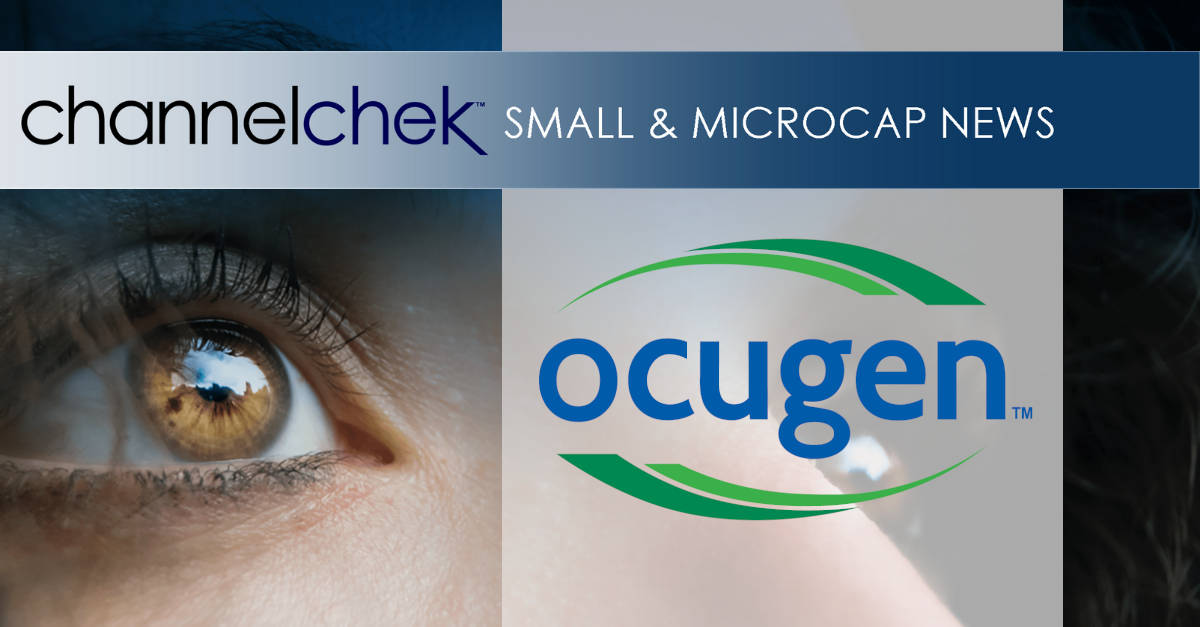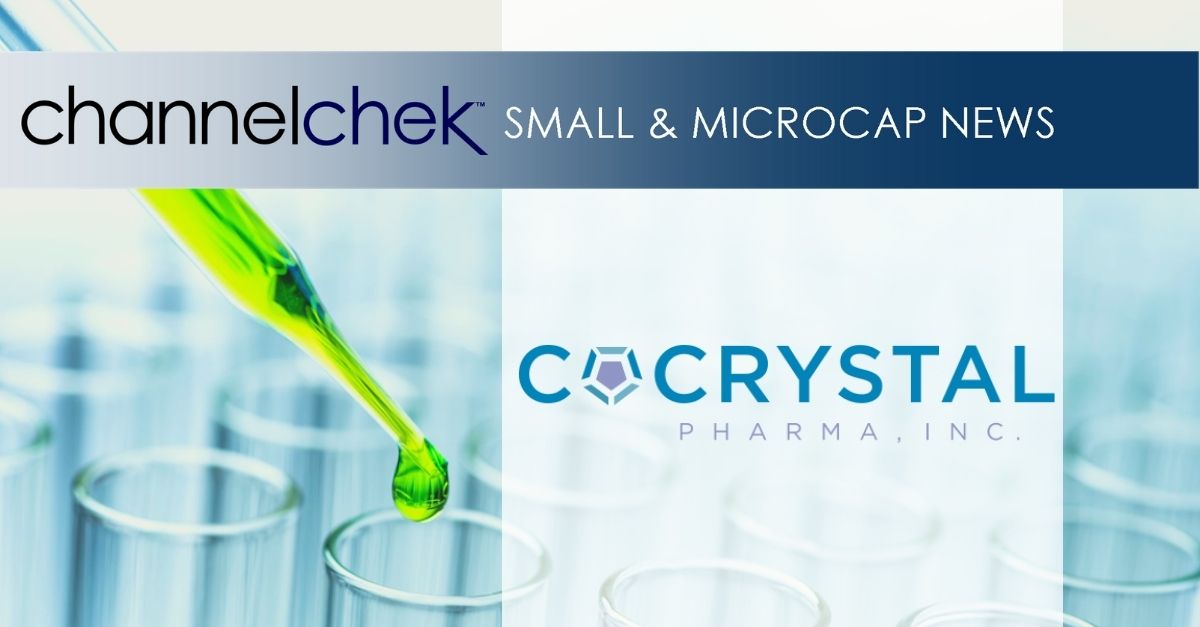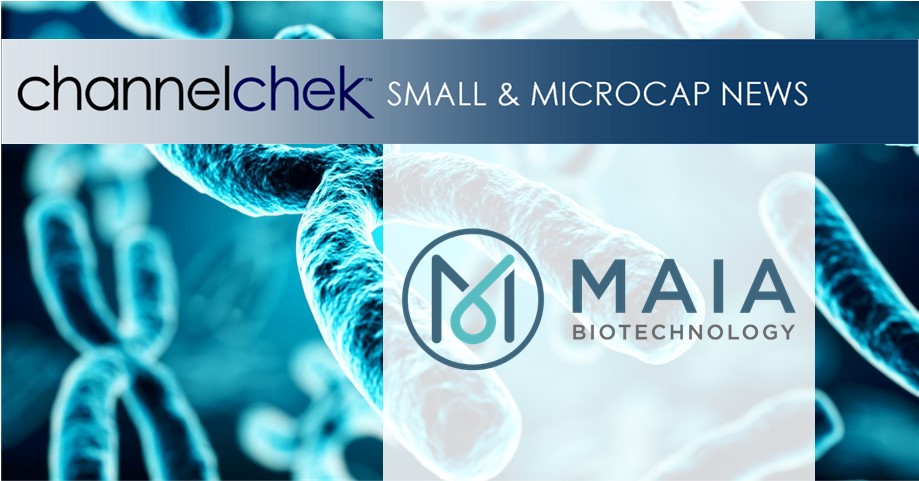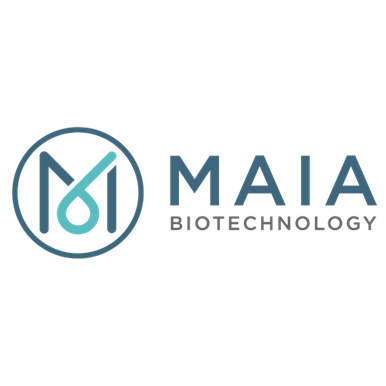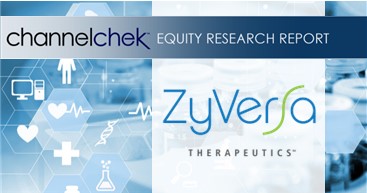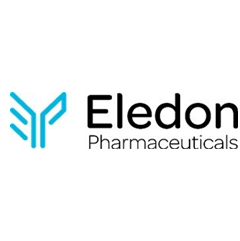
Research News and Market Data on ELDN
May 7, 2024
First participant dosed in clinical trial at University of Chicago Medicine assessing the use of tegoprubart to prevent islet cell transplant rejection in patients with type 1 diabetes
Company reports updated data from ongoing Phase 1b trial evaluating tegoprubart for prevention of rejection in kidney transplantation
IRVINE, Calif., May 07, 2024 (GLOBE NEWSWIRE) — Eledon Pharmaceuticals, Inc. (“Eledon”) (NASDAQ: ELDN) today announced that the first participant in an investigator-led clinical trial has received an islet cell transplant and is being treated with a novel immunosuppression regimen including tegoprubart, the company’s novel anti-CD40L antibody, which is in development for the prevention of pancreatic islet cell transplant rejection in patients with type 1 diabetes. The study is being conducted by the research team at University of Chicago Medicine’s Pancreatic and Islet Transplant Program. Separately, the company reported updated data from its ongoing Phase 1b trial demonstrating tegoprubart successfully prevented kidney transplant rejection and was generally safe and well-tolerated.
In January 2024, Eledon announced a collaboration with the University of Chicago Transplant Institute for an investigator sponsored trial in pancreatic islet cell transplantation in patients with type 1 diabetes (NCT06305286). Eledon is supplying tegoprubart as a cornerstone component of the immunosuppressive regimen for trial participants and tegoprubart is being evaluated for the prevention of transplant rejection in the trial. Funding for the study includes grants from the Juvenile Diabetes Research Foundation (JDRF) and the Cure Alliance.
“There is clinical evidence from our studies and others conducted by the National Institute of Health’s Clinical Islet Transplantation Consortium that demonstrate islet cell transplantation may reverse diabetes by eliminating the need for exogenous insulin and reinstating metabolic control in selected patients with difficult to control type 1 diabetes. However, the required use of current standard of care anti-rejection medications, specifically calcineurin inhibitors, has limited the benefit of these procedures due to well-known associated toxicity to the islets, nephrotoxicity, neurotoxicity and risk of hypertension. We hope that tegoprubart will effectively protect islets from rejection without side effects related to current standard therapy,” said Piotr Witkowski, M.D., Ph.D., Director, Pancreatic and Islet Transplant Program, University of Chicago Medicine, and principal investigator of the trial with John Fung, M.D., Ph.D.
“This first islet cell transplant as part of the University of Chicago trial is a significant milestone in our efforts to advance tegoprubart as a novel and much-needed treatment option for transplant patients,” said Steven Perrin, Ph.D., President and Chief Scientific Officer of Eledon. “We look forward to continuing our work with the University of Chicago team and further studying tegoprubart and its potential ability to prevent islet cell transplant rejection that may lead to improved outcomes and quality of life for people living with type 1 diabetes.”
The company also announced updated data as of April 2024 from 13 participants in the ongoing Phase 1b trial evaluating tegoprubart for the prevention of rejection in kidney transplantation. Results demonstrated that tegoprubart is generally safe and well-tolerated and support tegoprubart’s potential to protect organ function in patients undergoing kidney transplantation. Aggregate mean estimated glomerular filtration rate (eGFR) – a measure of kidney function – measured above 60 mL/min/1.73m2 at all reported time points after day 30. Two subjects completed 12 months on therapy post-transplant and both demonstrated mean eGFRs above 90 mL/min/1.73m2 at one year. Historical studies using standard of care immunosuppression therapy have reported average eGFRs generally in the low 50 mL/min/1.73m2 range during the first year after kidney transplant. To date, three subjects discontinued the study because of hair loss and fatigue, viral infection, and rejection, respectively. There have been no cases of graft loss or death. The company plans to present this data at the upcoming American Transplant Congress in Philadelphia, PA, in early June 2024.
Eledon is currently conducting a Phase 1b trial (NCT05027906), the Phase 2 BESTOW trial (NCT05983770), and a Long-Term Safety and Efficacy extension study (NCT06126380) to evaluate tegoprubart for the prevention of organ rejection in patients receiving a kidney transplant.
About Eledon Pharmaceuticals and tegoprubart
Eledon Pharmaceuticals, Inc. is a clinical stage biotechnology company that is developing immune-modulating therapies for the management and treatment of life-threatening conditions. The Company’s lead investigational product is tegoprubart, an anti-CD40L antibody with high affinity for the CD40 Ligand, a well-validated biological target that has broad therapeutic potential. The central role of CD40L signaling in both adaptive and innate immune cell activation and function positions it as an attractive target for non-lymphocyte depleting, immunomodulatory therapeutic intervention. The Company is building upon a deep historical knowledge of anti-CD40 Ligand biology to conduct preclinical and clinical studies in kidney allograft transplantation, xenotransplantation, and amyotrophic lateral sclerosis (ALS). Eledon is headquartered in Irvine, California. For more information, please visit the Company’s website at www.eledon.com.
Follow Eledon Pharmaceuticals on social media: LinkedIn; Twitter
Forward-Looking Statements
This press release contains forward-looking statements that involve substantial risks and uncertainties. Any statements about the company’s future expectations, plans and prospects, including statements about planned clinical trials, the development of product candidates, expected timing for initiation of future clinical trials, expected timing for receipt of data from clinical trials, expected or future results of tegoprubart trials and its ability to prevent rejection in connection with islet cell transplantation or kidney transplantation, the company’s capital resources and ability to finance planned clinical trials, as well as other statements containing the words “believes,” “anticipates,” “plans,” “expects,” “estimates,” “intends,” “predicts,” “projects,” “targets,” “looks forward,” “could,” “may,” and similar expressions, constitute forward-looking statements within the meaning of the Private Securities Litigation Reform Act of 1995. Forward-looking statements are inherently uncertain and are subject to numerous risks and uncertainties, including: risks relating to the safety and efficacy of our drug candidates; risks relating to clinical development timelines, including interactions with regulators and clinical sides, as well as patient enrollment; and risks relating to costs of clinical trials and the sufficiency of the company’s capital resources to fund planned clinical trials. Actual results may differ materially from those indicated by such forward-looking statements as a result of various factors. These risks and uncertainties, as well as other risks and uncertainties that could cause the company’s actual results to differ significantly from the forward-looking statements contained herein, are discussed in our quarterly 10-Q, annual 10-K, and other filings with the U.S. Securities and Exchange Commission, which can be found at www.sec.gov. Any forward-looking statements contained in this press release speak only as of the date hereof and not of any future date, and the company expressly disclaims any intent to update any forward-looking statements, whether as a result of new information, future events or otherwise.
Investor Contact:
Stephen Jasper
Gilmartin Group
(858) 525 2047
stephen@gilmartinir.com
Media Contact:
Jenna Urban
Berry & Company Public Relations
(212) 253 8881
jurban@berrypr.com
Source: Eledon Pharmaceuticals
 Source: Eledon Pharmaceuticals, Inc.
Source: Eledon Pharmaceuticals, Inc.
